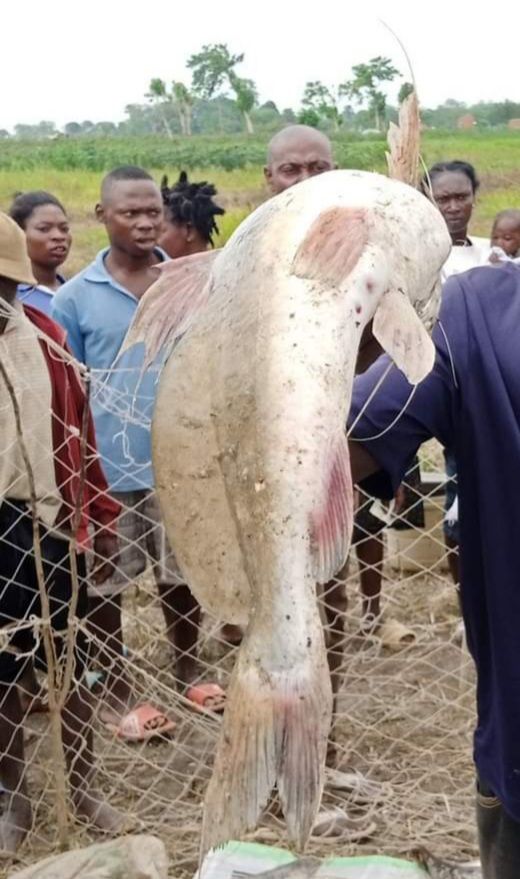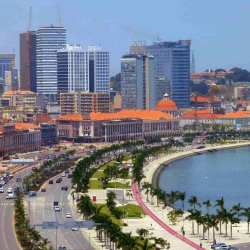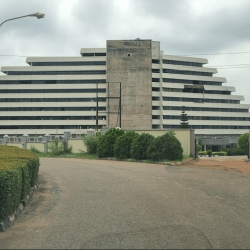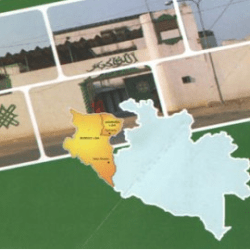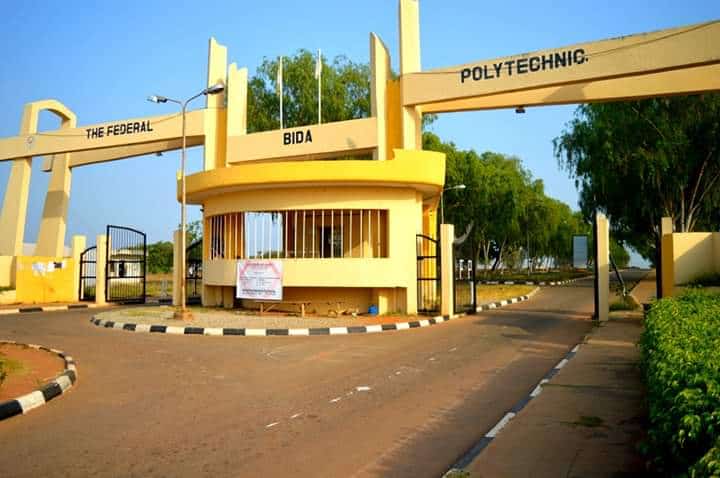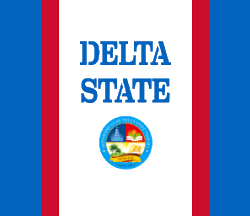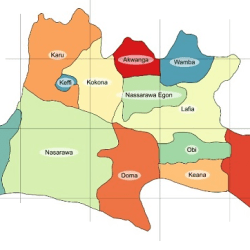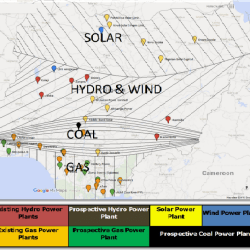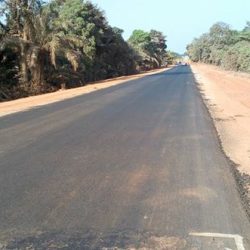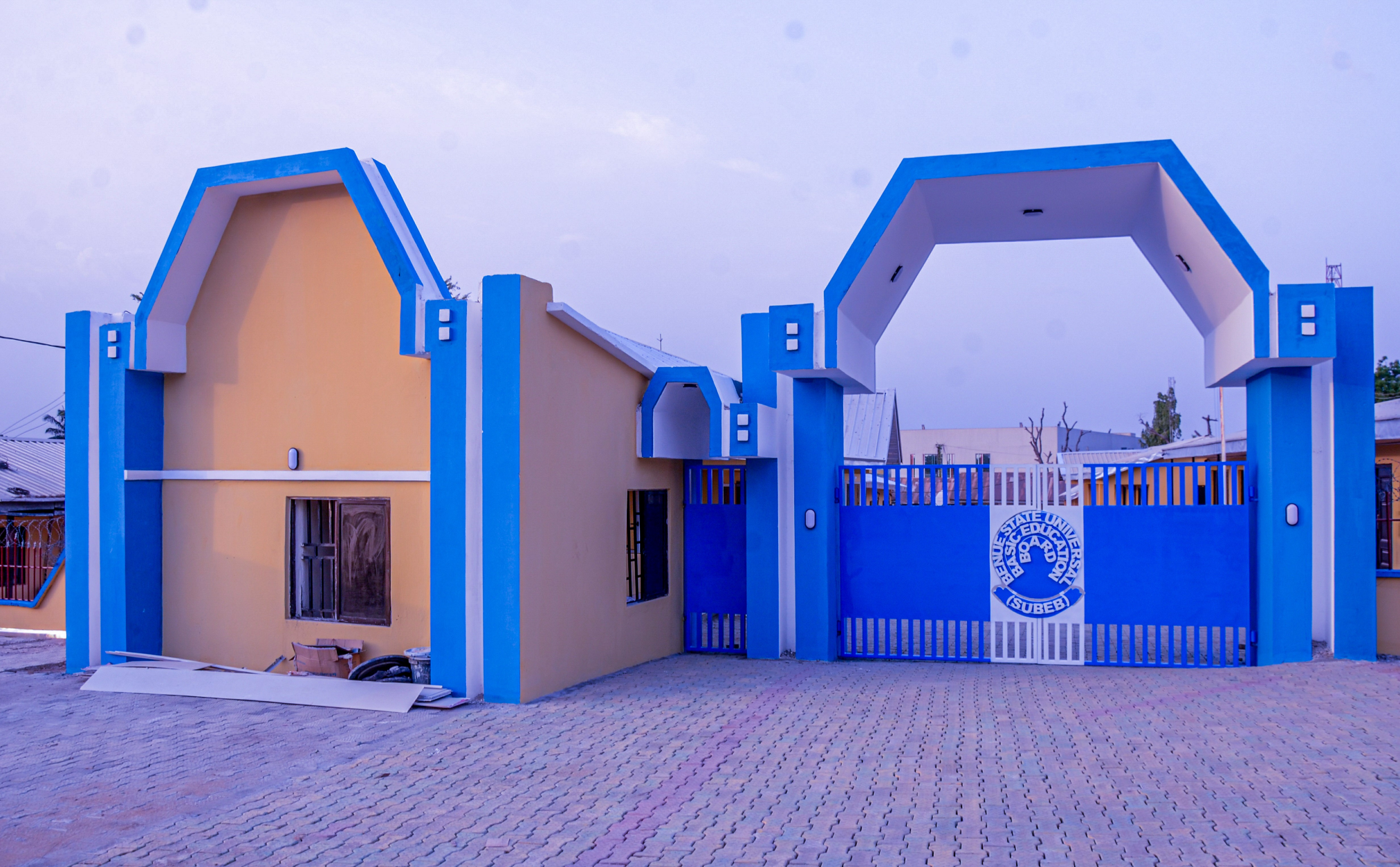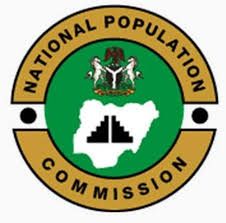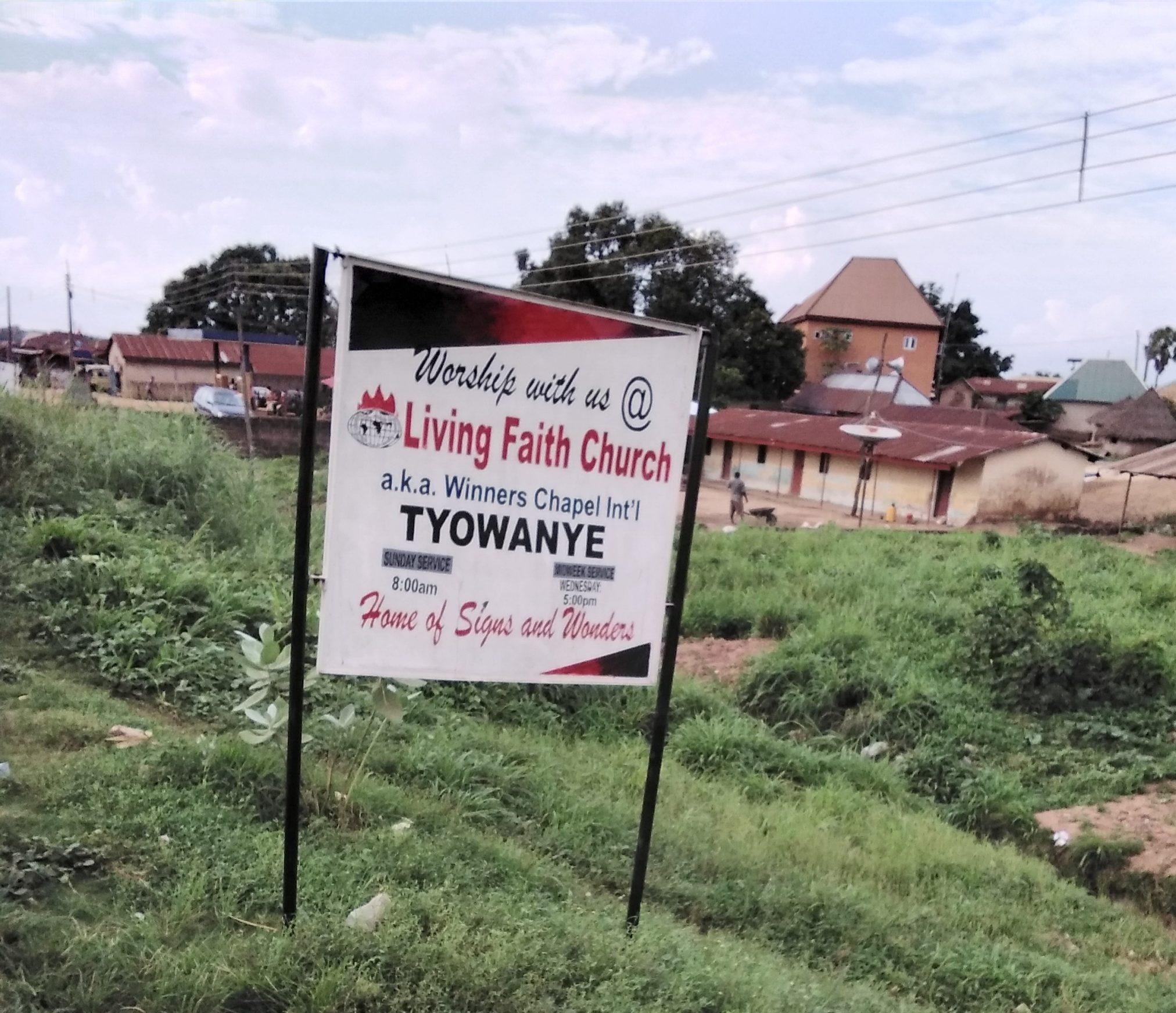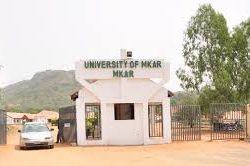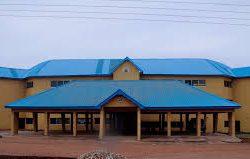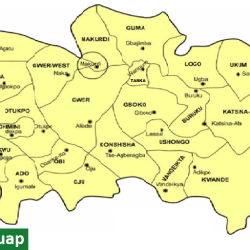Benue State is blessed with abundant mineral resources. These resources are distributed in the Local Government Areas of the state. Of these mineral resources, only limestone at Tse-Kucha near Gboko and Kaolin at Otukpo are being commercially exploited.

Geo-physical surveys and other investigations have confirmed that Benue State is endowed with many mineral resources, which can support many industries. These include:
LIMESTONE: currently being exploited by Benue Cement Company Plc near Gboko. Deposits exist in Ado, Apa, Gboko, Guma, Katsina-Ala, Oju, Konshisha and Makurdi Local Government areas. They are vast and of good quality and can be exploited for an additional cement plant production.
GLASS SAND: found in Buruku, Gboko, Katsina-Ala, Makurdi and Vandeikya Local Government areas and good for the production of glass and bottles useful also for oil drilling foundry etc.
BARYTES: found in Gboko, Guma, Gwer, Makurdi and Ushongo Local Government Areas. Useful in oil well drilling, production of glass and chemicals.
KAOLIN: deposits found in Apa, Ogbadibo, Okpokwu and Vandeikya Local Government areas. Industrial uses include production of paper plastics filter in plants, paints etc.
BRICK CLAY: found in Buruku, Gwer, Makurdi and Otukpo Local Government areas and useful for pottery products, production of building bricks, tiles etc.
LEAD/ZINC: found in Ado, Gboko, Guma, Katsina-Ala and Vandeikya Local Government areas. Industrial applications include auto battery production, paint alloys etc.
COAL: deposits are found in Ogbadibo and Okpokwu Local Government areas and can be exploited for energy/fuel, chemicals etc.
GYPSUM: exists in Apa, Gboko, Gwer, Konshisha, Otukpo and Ushongo Local Government areas and is used in the production of cement, fertilizer etc.
Benue State
Benue is a state in Nigeria.
Its name is taken from the major river in the state: River Benue.
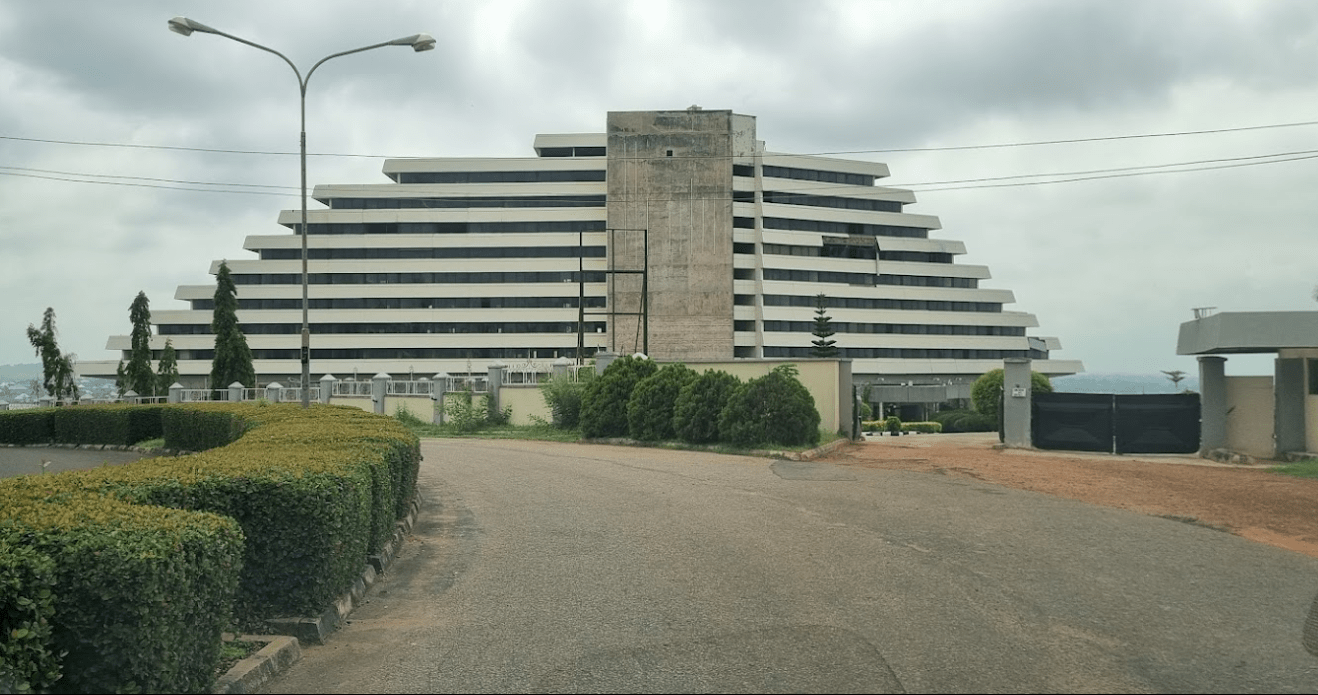
The state is one the six states that make up Nigeria’s North-Central geopolitical zone along with the Federal Capital Territory.
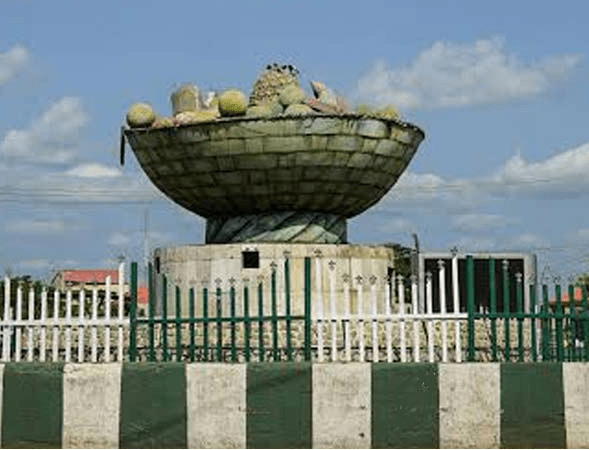
It is located in the Middle Belt region of Nigeria and shares an international boundary with the Republic of Cameroon to the Southeast and interstate boundaries with Nasarawa State to the North, Taraba State to the East, Enugu, Ebonyi and Cross River States to the South, and Kogi State to the West.
Creation: February 3, 1976.
Capital: Makurdi.
Major Cities: Makurdi, Gboko Otukpo, Katsina-Ala, Zaki-Biam, Ukum and Adikpo.
Local Government Areas (LGAs): Ado, Agatu, Apa, Buruku, Gboko, Guma, Gwer East, Gwer West, Katsina-Ala,Konshisha, Kwande, Logo,Makurdi, Obi, Ogbadibo, Ohimini, Oju, Okpokwu, Otukpo, Tarka, Ukum, Ushongo, Vandeikya
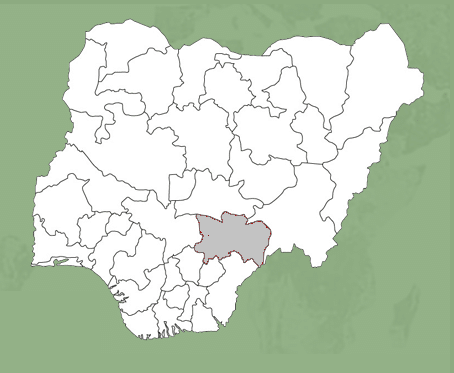
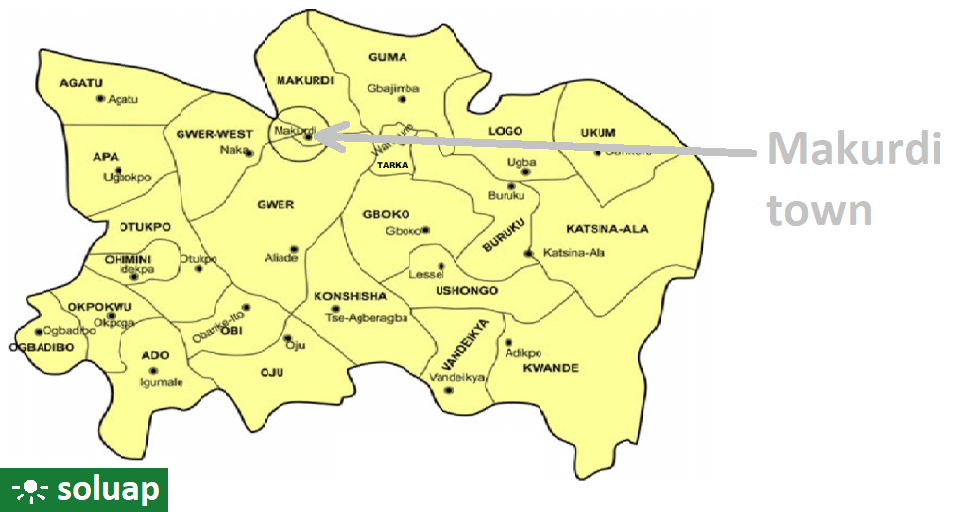
Ethnic Profile: Tiv, Idoma, Igede, Etulo, Abakwa, Jukun, Hausa, Akweya and Nyifon.
The Tiv are the dominant ethnic group, occupying fourteen (14) local government areas, while the Idoma and Igede occupy the remaining nine local government areas.
Economic Profile: Its major agricultural produce include yam, rice, beans, cassava, potatoes, maize, soya beans, sorghum, millet and cocoyam. The state also accounts for over 70% of Nigeria’s soya beans production.
Geographic Location: Its geographic coordinates are longitude 7° 47’ and 10° 0’ East. Latitude 6° 25’ and 8° 8’ north; and shares boundaries with five other states namely: Nassarawa to the north, Taraba to the east, Cross-River to the south, Enugu to the south-west and Kogi to the west. The State also shares a common boundary with the Republic of Cameroun on the south-east.
Landmass: 34,058.3 sq km (13,150 sq mi) – 12th of 27
Benue State covers an area of 34,058.3 square kilometres. It lies at latitude 5°25’ North and longitude 7°30’ East.
Benue gets its name from the Benue River which flows through Makurdi, the state’s capital. The state was originally part of the Northern Region in the three-region structure of 1954. With the creation of twelve federal states by General Yakubu Gowon’s military government in 1967, Benue-Plateau State was established. In 1976 the military government of General Murtala Muhammed created nineteen states out of the existing twelve and Benue-Plateau State was split into Benue and Plateau States.
The Road-Railway Bridge (also known as the Old Bridge) in Makurdi was the first bridge that linked the north and south of Nigeria. It was built in 1932.
PEOPLE
There are several ethnic groups in Benue State: the largest are the Tiv, Idoma, and Igede people.
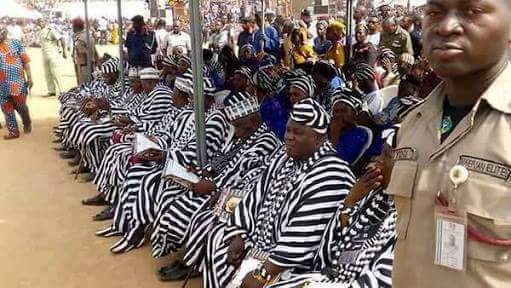

The main religion in the state is Christianity. Traditional religions are also practiced by some of its inhabitants.
MAJOR TOWNS AND CITIES
Makurdi (capital), Gboko, Otukpo, Katsina-Ala, Zaki Biam, Vandeikya, Obi, Okpokwu, and Otukpa.
ECONOMY
The northern parts of Benue State are grass savannah while there is woodland savannah in the south. Agriculture is very important in the state. The state is referred to as the nation’s “food basket” because of its rich and diverse agricultural produce, which include yam, rice, beans, cassava, potato, maize, soya beans, sorghum, millet and coco-yam.
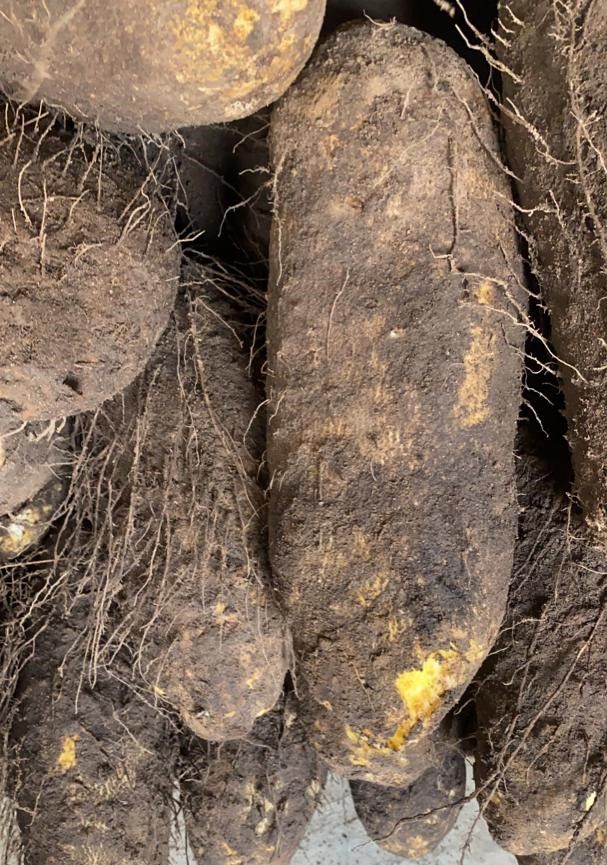
Benue state accounts for over 70 percent of Nigeria’s soya bean production. Fishing in inland waterways and animal husbandry are other significant commercial activities.
The major minerals found in the state include limestone, gypsum, kaolin, lead, zinc, anhydride, coal, calcite, gemstones and magnetite. Breweries and cement manufacturing are its major industries.
EDUCATION
The tertiary institutions in the state are Federal University of Agriculture, Makurdi; Benue State University, Makurdi; University of Mkar, Mkar; College of Education, Katsina-Ala; College of Education, Akperan; Federal Technical School, Otukpo; School of Nursing and Midwifery, Makurdi; Akawe Torkula Polytechnic, Makurdi and Benue State Polytechnic, Ugbokolo.
The Ikyogen hills consists of hills, a waterfall and cattle grazing areas.
CULTURE
The people of Benue State celebrate festivals at different times of the year including Akata fishing festival.
The Akata fishing festival is a symbolic cultural event for people of Akata in Katsina-Ala local government area. The annual festival brings together Tiv, Jukun and Etulo fishermen to compete for prizes.
Big fish caught in Katsina-Ala River in Benue State
